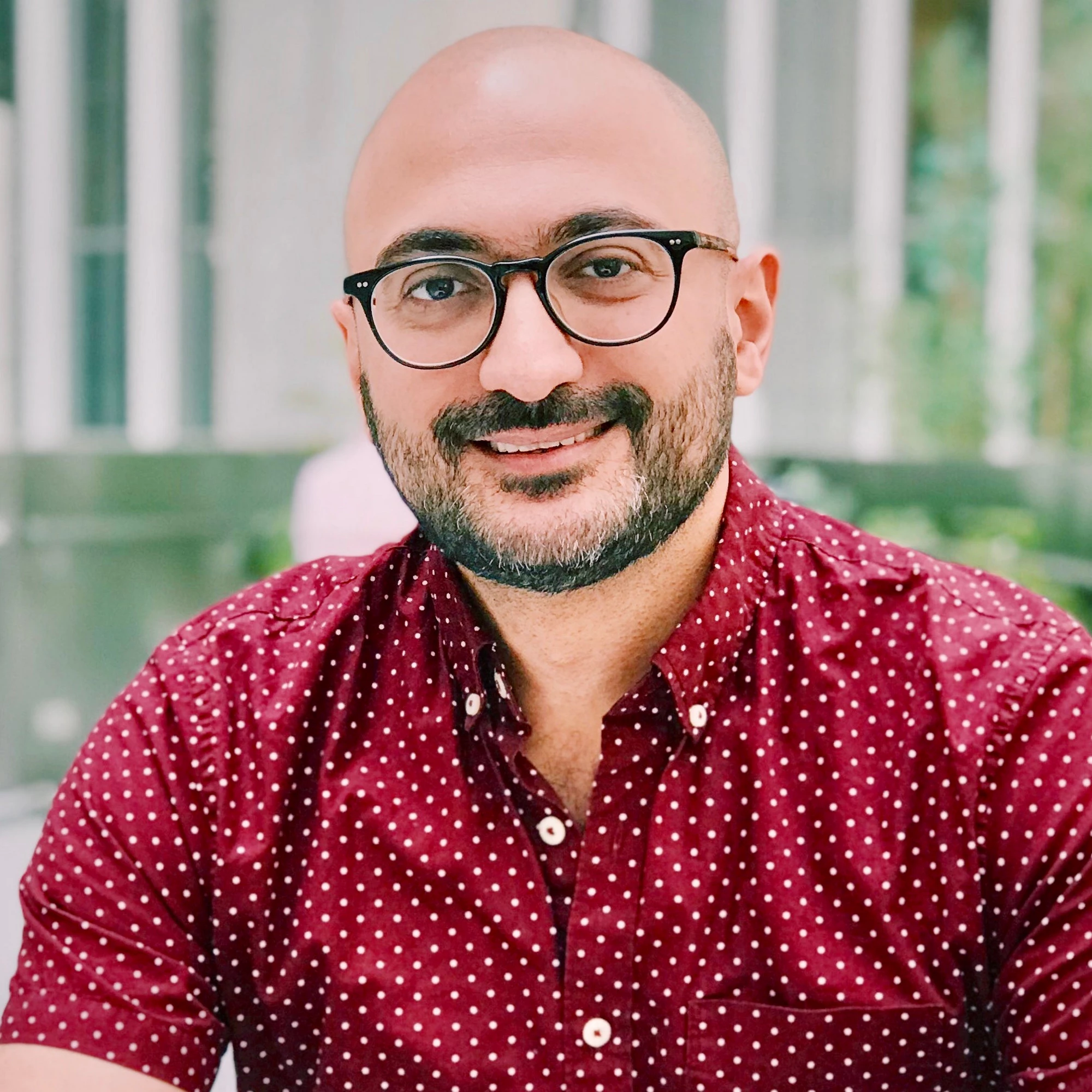He learned to play the oud, a pear-shaped stringed instrument, at an early age in his hometown of Baghdad. He grew up writing protest songs against the dictator who ruled his country with an iron fist for three decades. He was imprisoned, tortured, and eventually forced to leave his beloved Iraq in 1991. He later found refuge in the United States.
Rahim Alhaj, a renowned Iraqi musician whose music often sends powerful messages on humanitarian and global issues, recently visited World Bank headquarters in Washington, D.C. He discussed how music plays a big role in raising people’s awareness and solving worldwide issues.
“When music tackles people’s tragedies in any country, it has a major impact,” said Alhaj. “To me, music is a visual and auditory tool to achieve change.”
One of the issues he discussed was the current refugee crisis, in which millions of people have been fleeing the devastation of wars in countries like Syria, Iraq, Yemen, Afghanistan, and others to neighboring and European countries.
“We, as people on this earth, have a responsibility to end it,” Alhaj said of the crisis.
According to the Iraqi musician, the refugee crisis cannot be solved unless we resolve its main cause.
“Unfortunately, our Arab region is witnessing an uproar of migration, not because people want to seek refuge, but because they were forced to it due to the wars,” he said. Millions, he added, have been fleeing to “protect their existence and their humanity as much as possible. But when the main cause of fear and death disappears, the human being will not need to seek refuge.”
And so, Alhaj stressed the pivotal role the international development community can play to help ease and eventually end the refugee crisis and the human suffering that comes with it. The World Bank, he said, can have an effective role in ending it, a move he described as the “real step toward ending poverty.”


Join the Conversation